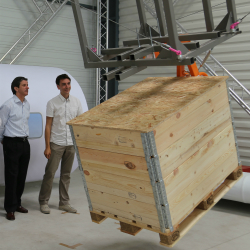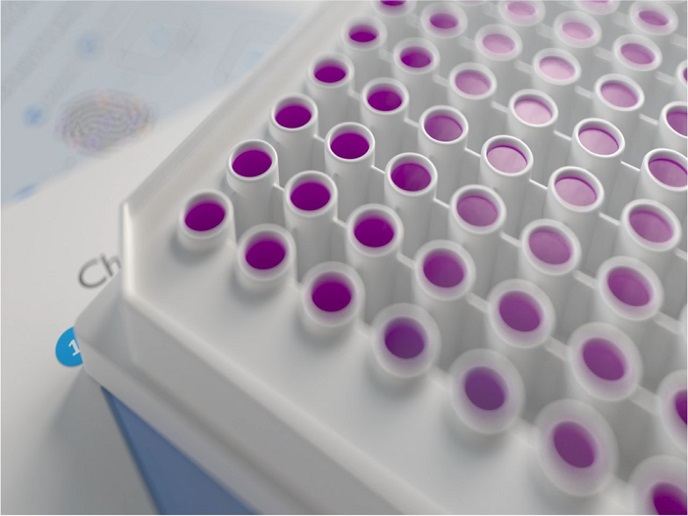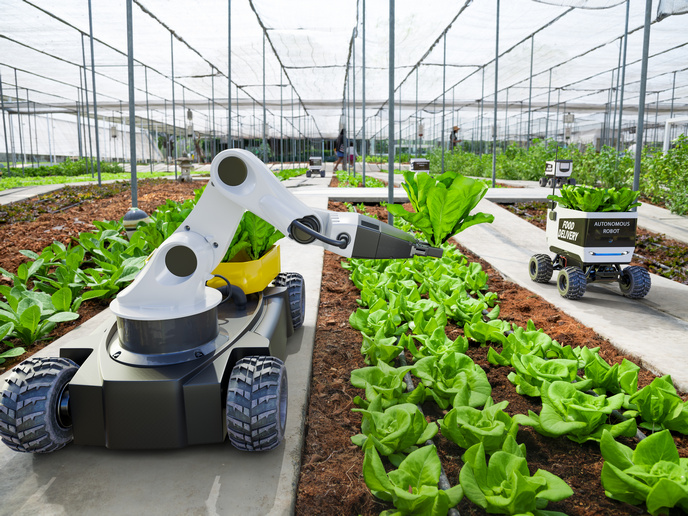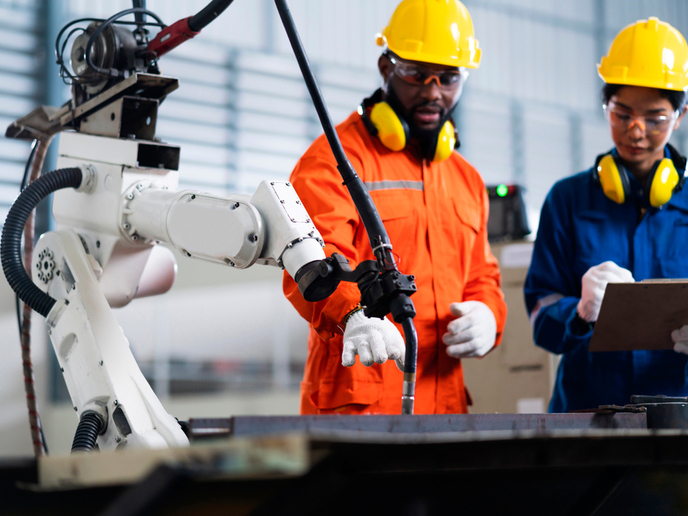Next-generation robots automate large-scale industrial processes
Automation in the aeronautics and construction industries has been hindered by the need to move sizeable and heavy structures as well as the risk of damaging automation equipment. These major issues have motivated inquiry into automated processes that will be flexible and cost effective. The EU-funded CABLEBOT (Parallel cable robotics for improving maintenance and logistics of large-scale products) project was uniquely designed to meet these needs. Researchers worked on developing a new generation of modular and reconfigurable robotic devices that are capable of performing different maintenance steps during the life-cycle stages of large-scale structures. To achieve automation and flexibility in large-scale maintenance, team members used novel software tools to design parallel cable robots. These robotic solutions meet the needs of products that have differing dimensions and features. Simulations were carried out to verify the robotic device's operation in environments with large-scale structures. Software tools and methods were designed to simulate the different requirements of each life-cycle stage. Project partners also developed control algorithms and strategies to operate the cable robots based on industrial requirements. Lastly, two industrial use cases tested the software tools and cable robots developed, and demonstrated the efficiency of the control algorithms and strategies. They also validated the feasibility of employing cable robots in aircraft maintenance and in handling and assembling construction beams. CABLEBOT proved the value of parallel cable robots as a cost-effective and flexible alternative to conventional industrial robots in automating large-scale processes, particularly for the aerospace and construction industries. As a result, the service life of products will be extended while reducing their overall life-cycle costs. Last June, Euronews visited the facilities of TECNALIA in Montpellier where the prototype COGIRO is installed. COGIRO is Europe's biggest Cable-Driven Parallel Robot and was developed by CNRS-LIRMM and TECNALIA. The video produced by Euronews can be seen here.
Keywords
Robots, industrial processes, large-scale product, product life cycles, parallel cable robotics, cable driven robots







